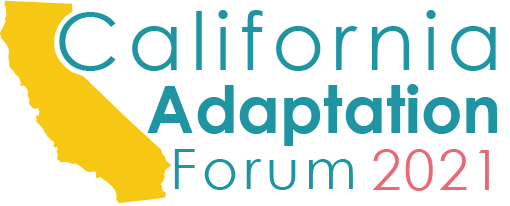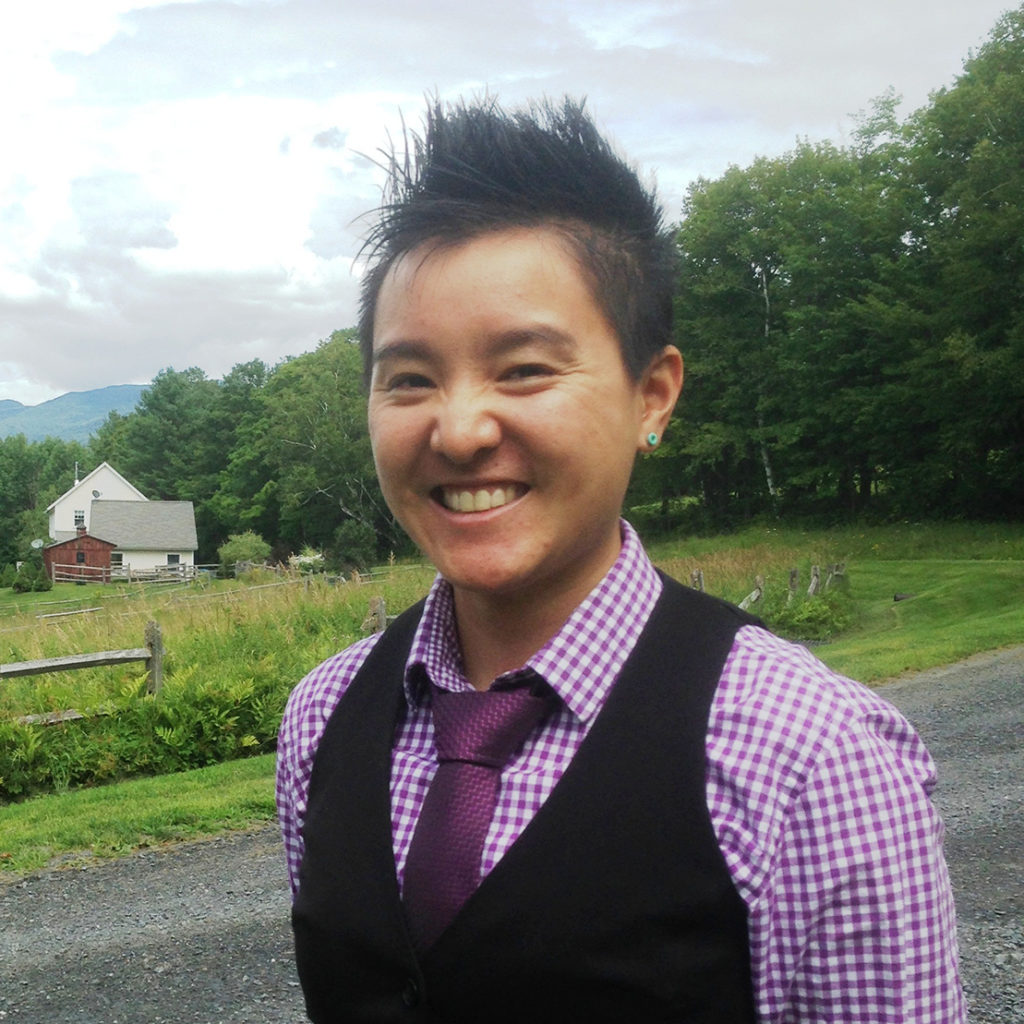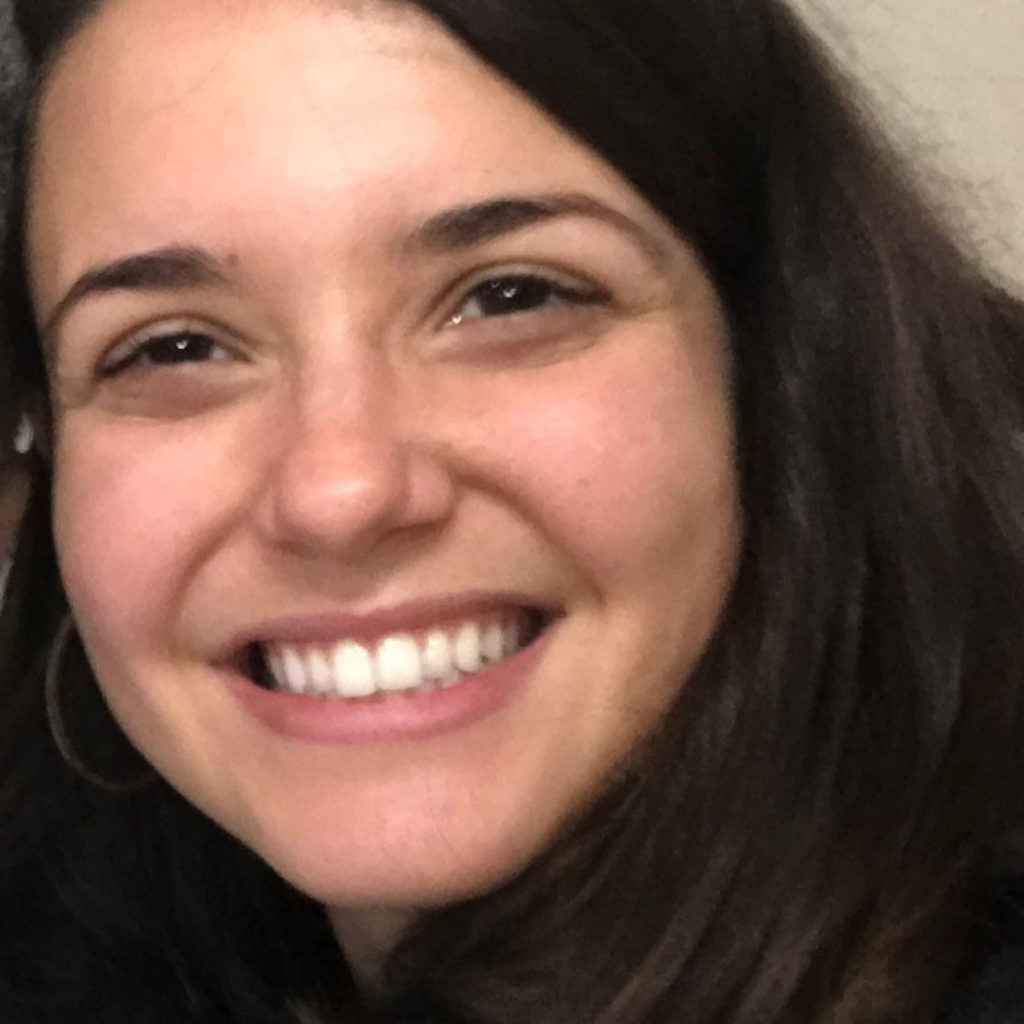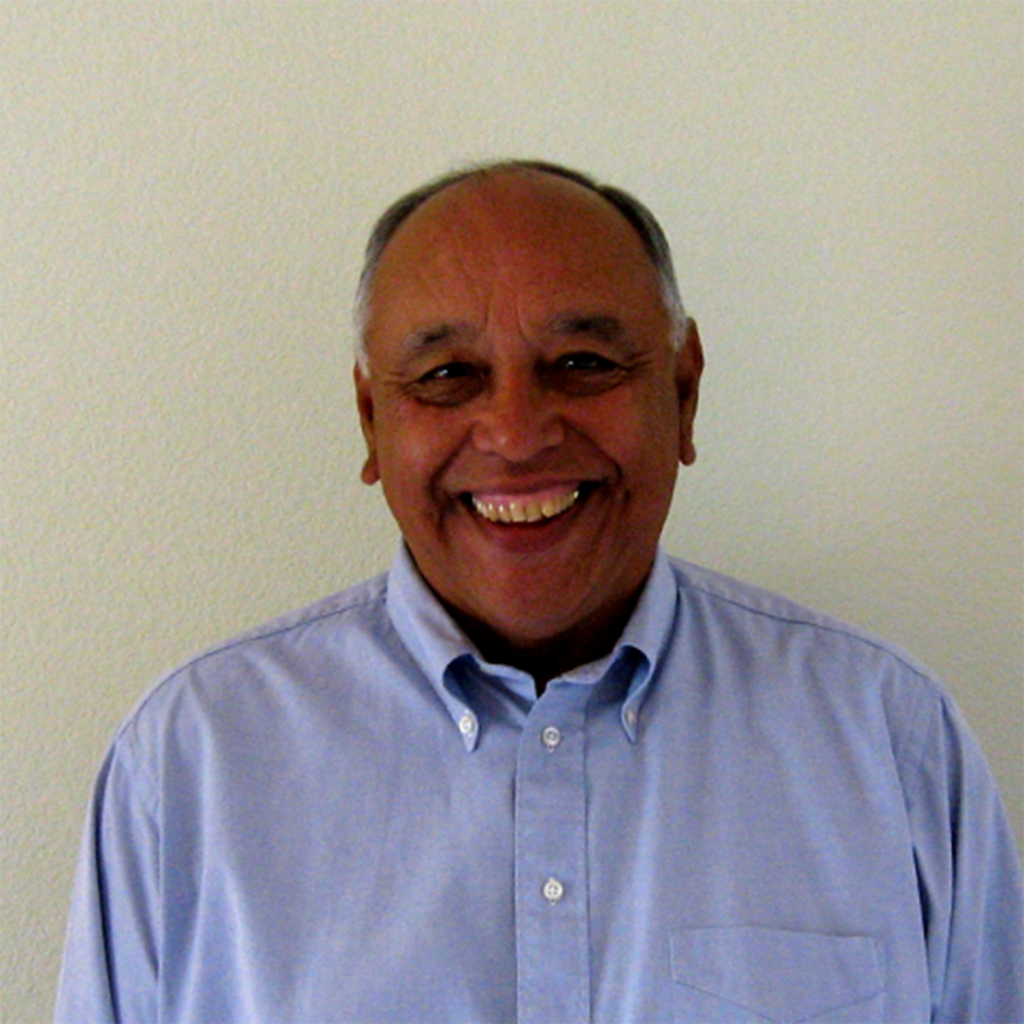Thanks to the dedication of long-time environmental justice leaders and communities, calls for equitable and inclusive adaptation planning, decision-making, and implementation now reverberate throughout the adaptation community. Their calls are clear: Honor our inherent resilience and lived experiences. Authentically involve frontline communities in decision-making. Work in partnership with communities to dismantle unjust systems.
This track will focus on how to build momentum for equitable adaptation in ways that drive systemic change and deliver tangible benefits to historically under-served, under-represented, and under-invested communities.
Key challenge questions may include: How have communities worked to spearhead neighborhood-level climate resilience initiatives? How should decision-makers invest in and support California’s Black, Indigenous, and People of Color (BIPOC) communities to build climate resilience in ways that address historic and ongoing inequities? How can we ensure a just and resilient transition? What organizational changes would best support equitable community resilience?
Track Intro Webinar
Mon, July 12 • 1:00-2:30pm
Track Workshop #1
Tues, July 27 • 10:00am-12:00pm
Track Workshop #2
Mon, Aug 16 • 10:00am-12:00pm
Track Workshop #3
Mon, Sept 27 • 10:00am-12:00pm
Track Outcomes Webinar
Mon, Oct 18 • 2:00-3:30pm



